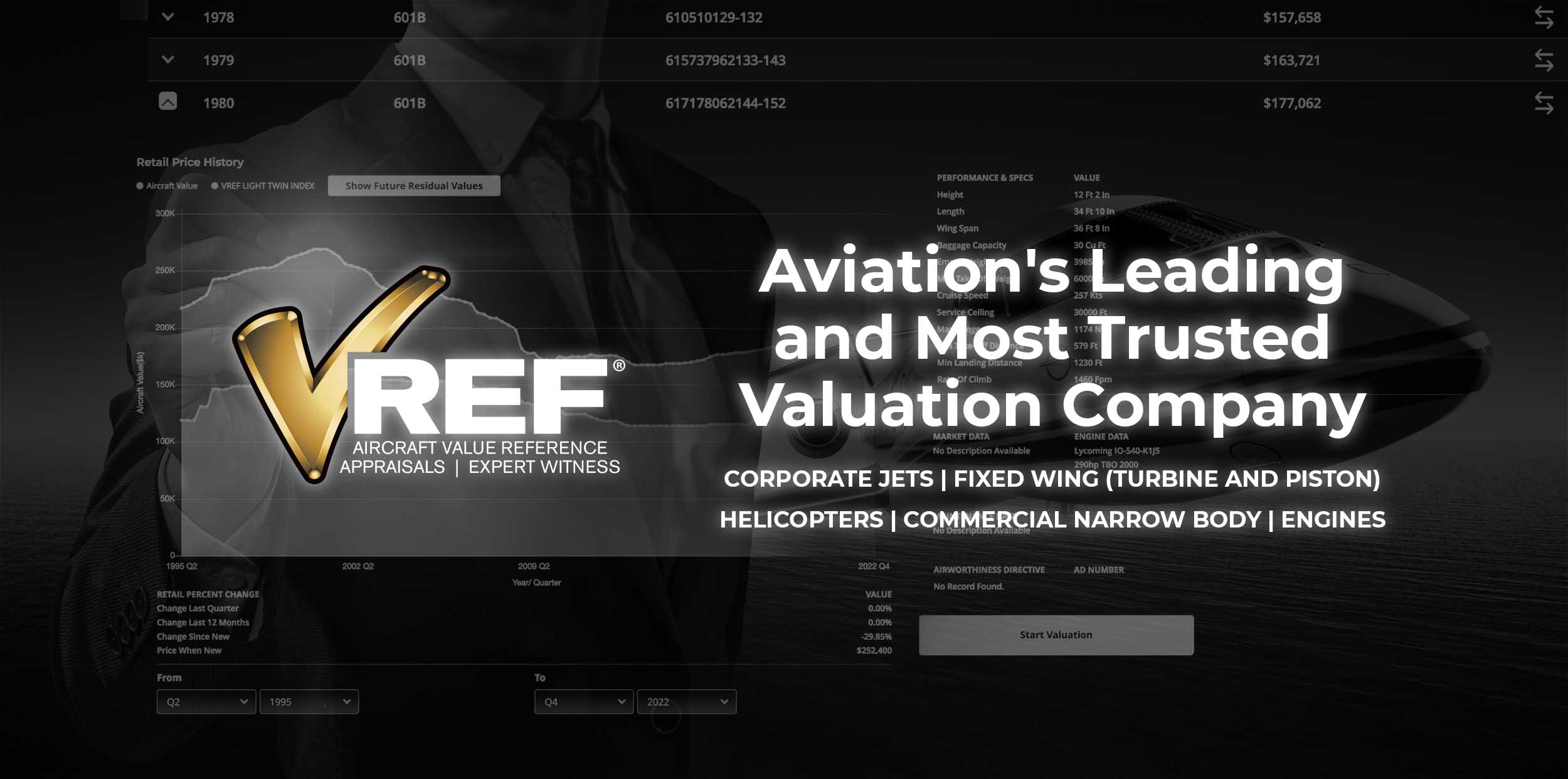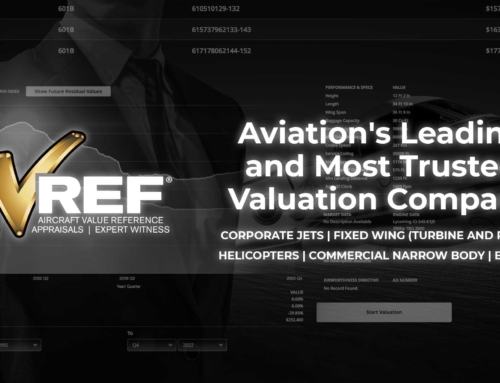Private jet ownership can seemingly transcend you into another world with beautiful 40,000-foot views. However, there are potential legal issues for pre-owned aircraft that you should know about before you buy.
If you’re like other pilots and aviation enthusiasts, you’ve likely dreamed of owning one or multiple private aircraft. If you’re a long-time aircraft owner, going over these potential legal issues is hopefully a simple refresher for information you already know.
As mentioned, private jet ownership can be an extremely fulfilling experience. It gives you the freedom to fly whenever you want (mostly) with friends and family or to work while you travel with the rest of your organization’s team members. Planning your travels suddenly becomes a streamlined process with less work to do on your end – especially if your aircraft is enrolled in a maintenance program.
Owning your aircraft means no more waiting in extra long lines and planning your life around ever-changing commercial airline schedules. Plus, you typically get the added benefit of having a more comfortable flight with fewer passengers on board with you.
But before you make any quick decisions, there are a few potential legal issues for pre-owned aircraft that you should consider.
Need reliable aircraft appraisal services? Contact our team of ASA Accredited Senior Aircraft Appraisers.
Potential Legal Issues For Pre-Owned Aircraft & How To Avoid Them
The following 3 areas of private jet ownership have the potential to cause the most legal trouble:
- Breach of contract
- Third-party damage claims
- Maintenance disputes
1. Breach Of Contract
There are several contractual obligations you must account for before deciding to buy an aircraft. For insurance purposes and bank loans to seller agreements and beyond, securing everything in writing is a vital part of the process for all parties involved.
Contracts can be confusing if you aren’t familiar with the meaning behind specific words and phrases like “As-Is” or “Where-Is”. It’s important to have a knowledgeable team at your side to help you interpret and stick to the contracts you must sign.
The inability to adhere to or follow these contracts can put you or your organization in legal jeopardy. In fact, a breach of contract is one of the most common legal disputes that aircraft owners face. And because there aren’t plenty of consumer-protected options available in aviation, you need to be willing to ask for help when you need it from established experts in the industry.
You should keep your contractual obligations in mind for new aircraft as well. Buying new can come with its own set of potential legal troubles such as:
- Liquidated damage clauses
- Favored nations clauses
- Disputes over delivery terms
- Delays and manufacturing issues
- Aircraft damage
Liquidated Damage Clauses
Litigation involving liquidated damages clauses comes from disagreements about compensation if the party you hired fails to do the job.
Favored Nations Clauses
When parties sign a most-favored-nation (MFN) clause, they agree to treat one another as they would any other potential buyer. It has nothing to do with actual countries and is an adopted term from international trade agreements. According to the American Bar Association, it’s also known as antidiscrimination clauses or most-favored customer clauses. In aviation, it means all pricing and fees should be equally offered to every potential buyer. It’s also possible to add potential requirements or similar terms to this type of agreement.
Disputes Over Delivery Terms
Aircraft delivery can become confusing and frustrating for parties for several reasons. Litigation over delivery terms isn’t a situation anyone hopes to find themselves in, however, it does happen. Usually, disputes involve disagreements about timeline, location, and moving costs – but that’s not all.
Delays & Manufacturing Issues
Occasionally, a breach of contract over delivery may be interrupted by:
- Production delays
- Labor shortage
- Materials shortage
- World events
- Manufacturing holdups
No 2 aircraft sales are completely the same and often become more complex as fractional ownership contracts have become increasingly popular.
Aircraft Damage
A damaged aircraft may be an obvious topic for private jet ownership litigation. Even so, there are several possible reasons that an aircraft was damaged post-sale. It is normal for all parties to agree on the condition of an aircraft to ensure everyone is on the same page. When it’s time for delivery, there shouldn’t be any surprises. However, damage to an aircraft post-sale can occur – and litigation can get ugly.
Cases regarding aircraft damage can range from seemingly minor incidents like a slightly scratched panel to much larger problems like a substantial incident, natural disaster, corrosion, or previously undisclosed damage.
2. Third-Party Damage Claims
Third-party cases deal with claims from property owners, organizations, individuals, and families. In the event that an aircraft you own causes property damage or bodily harm to a person, you could be liable for compensation. You may also be involved in this type of legal dispute if you lent your aircraft to someone else who damaged it while it was in their care. Similar to auto insurance, there is no uniform situation or solution for third-party coverage claims regarding private jet ownership.
Avoid feeling left in the dark about your aircraft appraisal options. Talk to one of our team members to get started.
3. Maintenance Disputes
In business especially, negotiating maintenance contracts and establishing liability is necessary. However, legal issues can pop up when there are disagreements around anything from routine maintenance to a complete overhaul. Generally, maintenance disputes involve disagreements about the overall scope of work performed, the quality of the work, and the amount charged.
Are legal troubles different for new aircraft?
The same potential legal disputes exist for new aircraft as much as pre-owned aircraft with the addition of liquidated damage clauses.
Best Practices To Avoid Private Jet Litigation
We suggest…
- Hiring a team of experts
- Conducting a pre-buy
- Getting all broker agreements in writing
Secure a team of experts including an attorney to review all contracts and purchase agreements. For pre-owned aircraft, ensure you and your team have carefully reviewed any broker’s agreements before beginning any type of maintenance or repairs.
Keep in mind that the seller and the broker are not your fiduciary. You should conduct a pre-buy ALWAYS and avoid doing business with brokers that won’t agree in writing to proper business terms to protect your best interest.
Documentation is key to keeping yourself safe. You should take detailed photos and video evidence of the aircraft in its agreed-upon state in case you need them later.
Moreover, you should know that aviation insurance is unavoidable if you want to own your aircraft. You must have it at all times and remain diligent about caring for your aircraft.
Aircraft Appraisals & Legal Dispute Assistance Under One Roof
Over time, traditional ownership and fractional ownership contracts have further complicated legal issues for aircraft owners. Know what you’re signing before you sign with expert assistance to simplify aircraft ownership for you and your organization.




